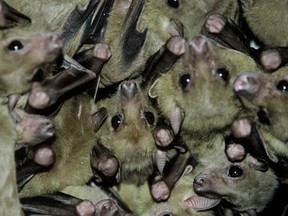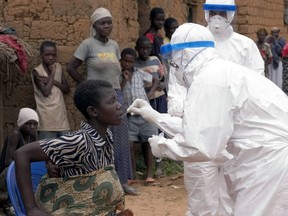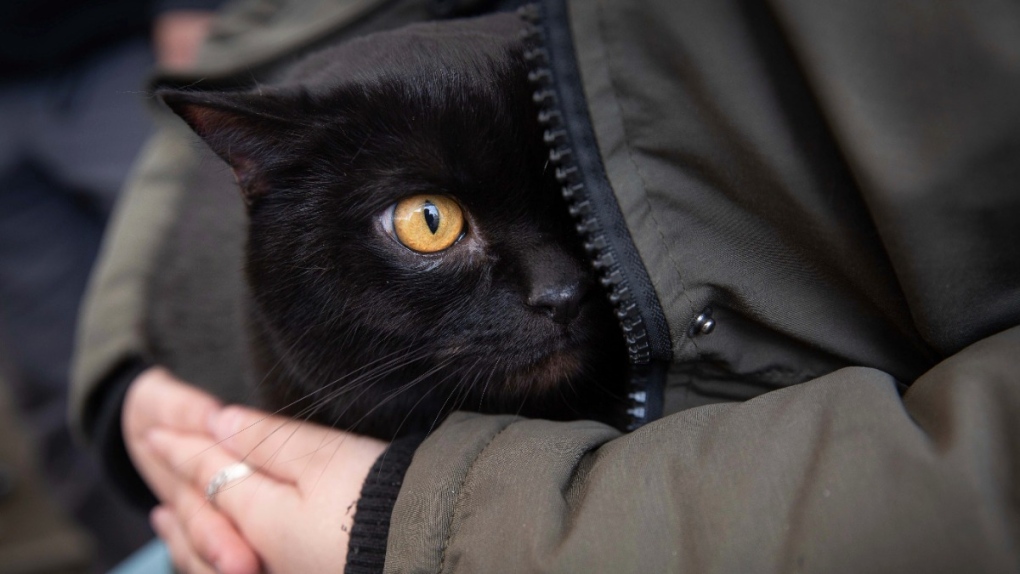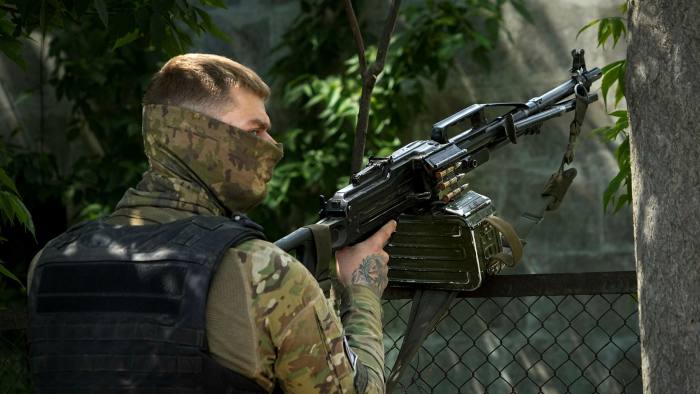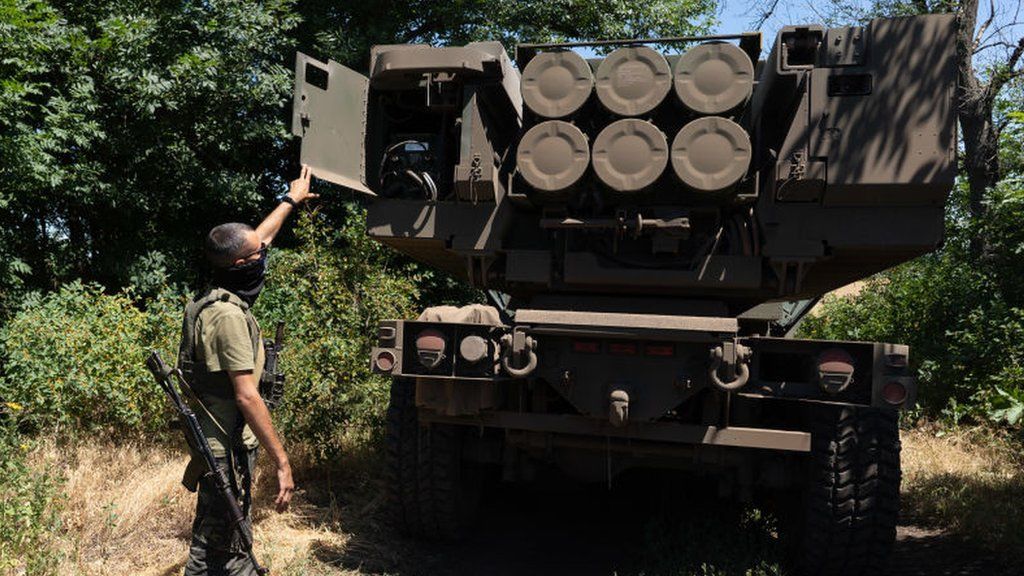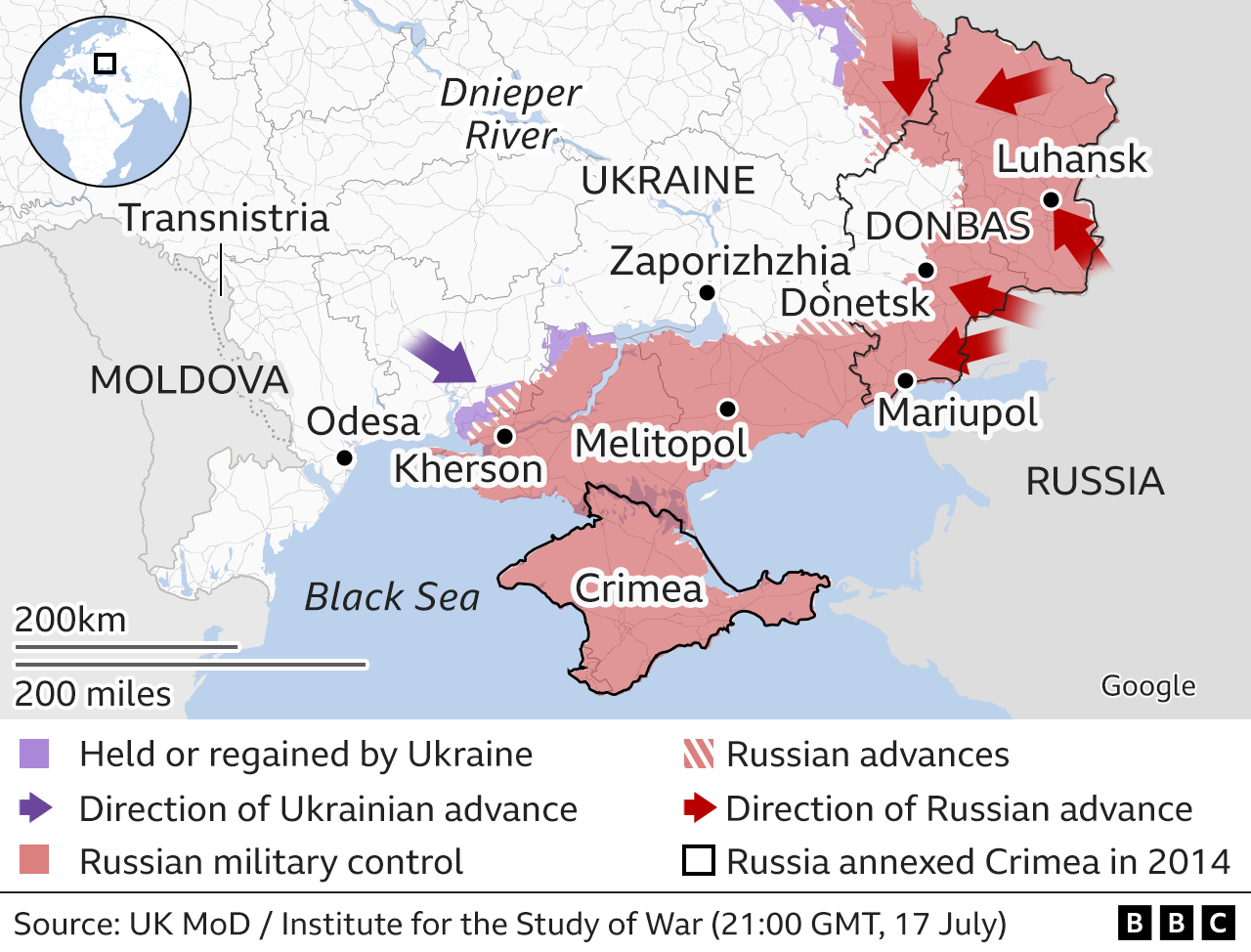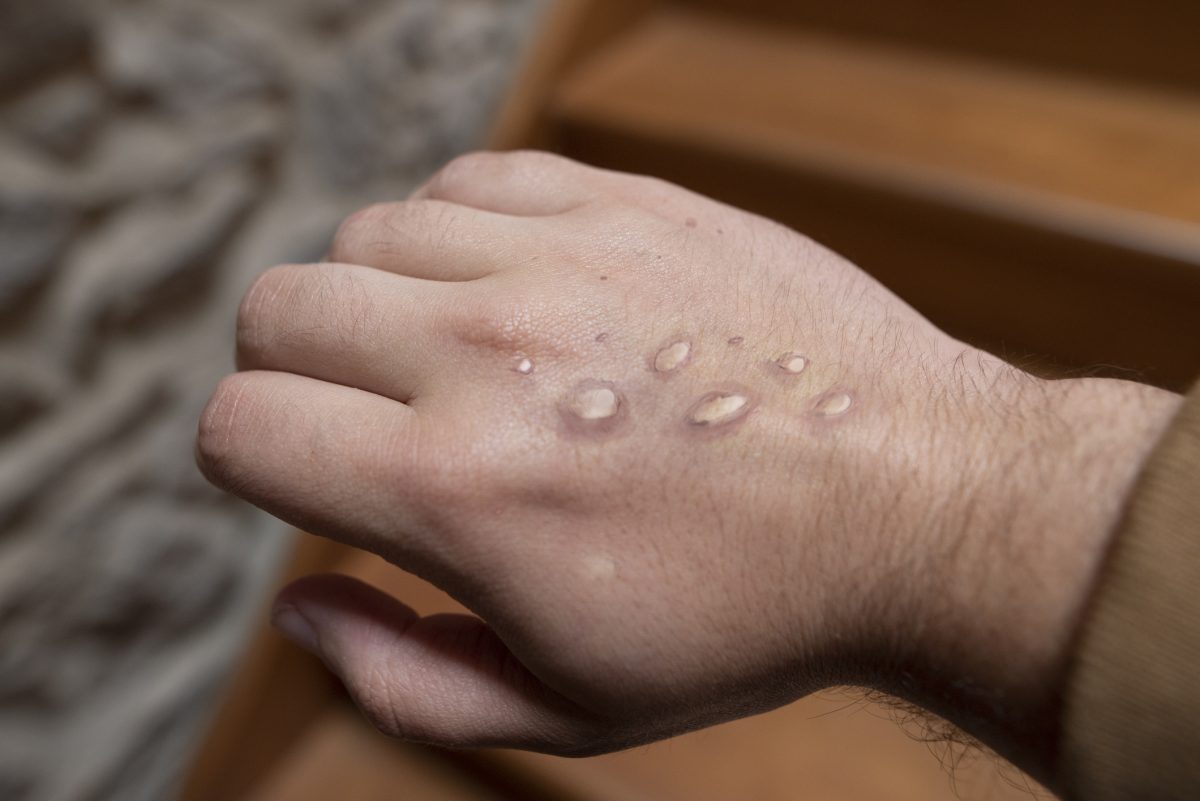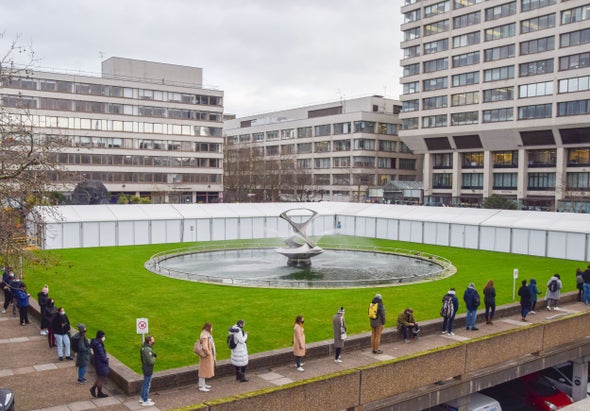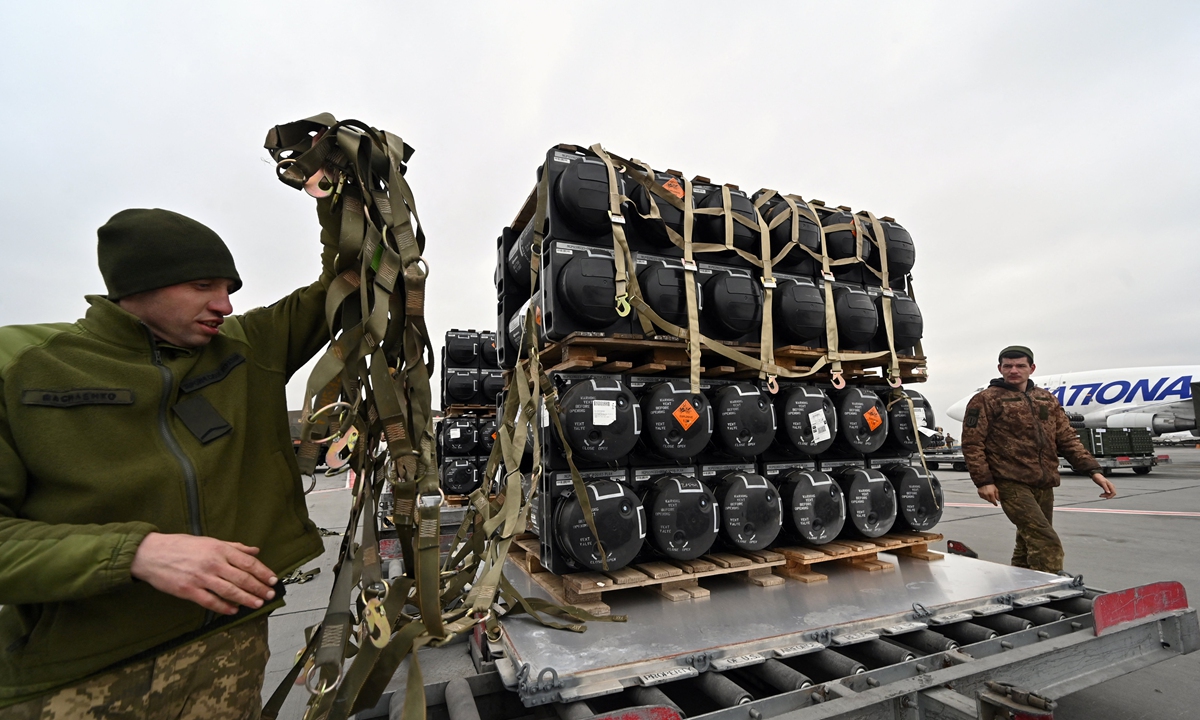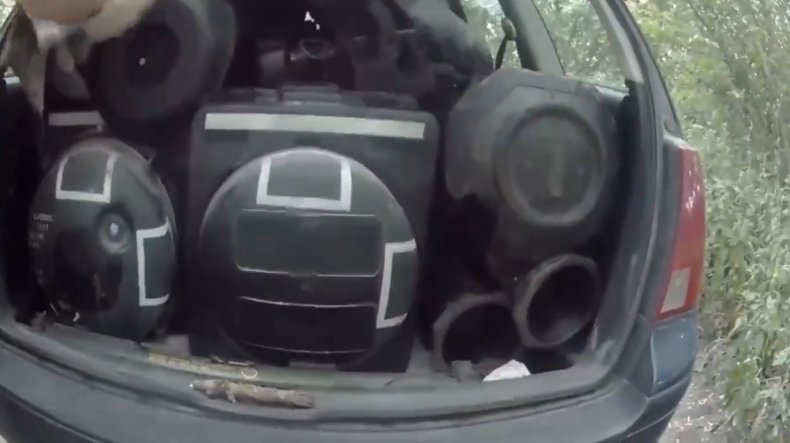"In light of the evidence reviewed above, I have no difficulty finding that Mr. Chol's removal to South Sudan would expose him to irreparable harm."
"[There is a] public interest in the timely removal of foreign nationals who have lost their right to remain in Canada, [but] that interest must be balanced by the need to ensure that foreign nationals not be removed to countries where they are at risk of inhumane treatment or death."
"The public interest is not served by short-circuiting the safeguards aimed at ensuring everyone's right to life, liberty and security of the person."
"The removal officer unreasonably failed to take into consideration evidence of a risk of death or inhumane treatment."
Justice Sebastien Grammand, Federal Court of Canada
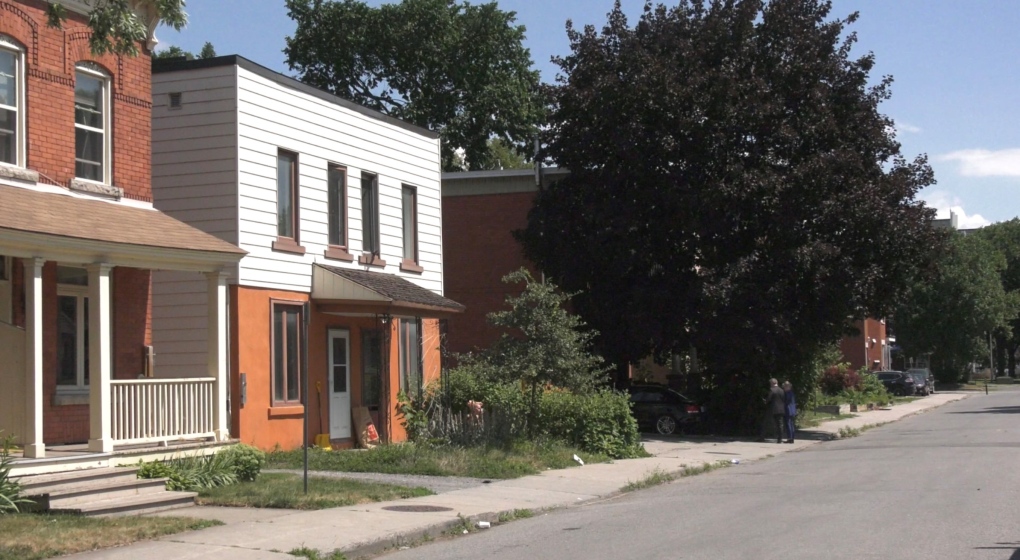 |
| Ottawa police say Vuyo Kashe was killed in a shooting on Clarence Street Friday night. (Colton Praill/CTV News Ottawa) |
Yohanna David Chol, 36, born in South Sudan, arrived as a refugee to Canada in 2003. He amassed a lengthy criminal record of violence and criminality throughout his period of living in Canada. Records reflect his conviction of many offences, among them assault, drug trafficking and obstructing a peace officer. Now, he has also been charged with murder. This is a man who suffers from mental health problems, diagnosed with schizophrenia, anxiety and depression. Eleven medications have been prescribed for him.
Because of his criminal record, Mr. Chol was considered unsuitable material for Canadian citizenship. In situations such as his it is fairly routine that he be escorted from Canada, and returned to the country of his birth, and just such proceedings were initiated. Yet individuals in the position that Mr. Chol finds himself have resort to a number of appeals at various levels in the Canadian justice system.
He lost his status as a permanent resident, the cause directly related to his criminal convictions, which made him inadmissible to Canada, leading the Ministry of Citizenship and Immigration to order his removal to South Sudan once it was firmly established that he represented a danger to the Canadian public. In 2017 Chol argued that mental health care n South Sudan was non-existent, leaving him at risk of harm should he be forced to return.
Finally, in November 2021 he was notified that he was scheduled to be sent to South Sudan on December 13, 2021. Since his request for reconsideration was turned down, he took his case to Federal Court. Which led to his being granted a stay, permission to remain in Canada and for his case to be further analyzed.
Evidence presented to Justice Grammond included reports from the International Medical Corps and Amnesty International detailing the miserable state of mental health care in South Sudan, a poor country that had broken away from Sudan to become an independent country. In a population of over ten million people, the reports pointed out, three psychiatrists were available to serve the entire population of individuals suffering from mental health conditions.
Authorities in South Sudan addressed the situation by detaining people with mental health conditions and keeping them incarcerated. The Juba Central Prison is an institution that is used to keep these potential threats to the larger society out of circulation. It is where the incarcerated have access to insufficient food and where treatable illnesses like malaria and diarrhea, left untreated, can lead to death.
Now, Chol has been charged with homicide and second degree murder for an episode on the weekend where Vuyo Kashe, 36, was shot to death on a residential street in an Ottawa neighbourhood. Chol's next court appearance is to take place the first week of August, and he remains in police custody. The man he shot to death was addicted to drugs, and to raise the funds to obtain his street drugs he was found guilty of robberies in Western Canada, armed with a knife. After which he served a prison sentence.
Two men representing the underbelly of society, where criminal activity is routine and lives can be readily lost when two such lost souls skirmish and one dies. The decision to empathize with the plight of a violent man whose mental equilibrium is flawed and who represents an obvious danger to anyone caught in the crossfire of his blighted life is obviously seen by the judge who sat on the appeal and found for the complainant as a humanitarian response.
He so very obviously failed to take into account the paramount need of the public to be spared the possibility of being confronted by someone like this man who uses deadly force in confrontations.
In protecting the future prospects of Mr. Chol, Justice Grammond gave him the benefit of the doubt and decided he was worthy of protection under the law. On the other hand, that decision effectively meant that other people who are citizens or permanent residents of the country are not protected under the law from random acts of violence executed by a man who reacts violently and is not in full possession of his emotions due to mental illness.
A failing grade for Justice Grammond, and a boot out of the country for Mr. Chol appears a suitable remedy for a miscarriage of justice. Life, liberty and security of the person as interpreted by Justice Grammond, referred solely to the accused in the murder. It failed to include the victim, much less other members of the public all of them vulnerable to the injustice of saving a violent criminal from the possibility of harsh treatment, but not ordinary people who have no wish but to go about their business unmolested.
 |
| Police vehicles are stationed near Clarence Street in Ottawa's Lowertown
neighbourhood Friday night. On Sunday, a 36-year-old was taken into
custody and charged with second-degree murder in relation to the
shooting death of Vuyo Kashe. (S.B./Radio-Canada) |
Labels: Canada, Criminal Acts, Deportation, Murder, Refugees

